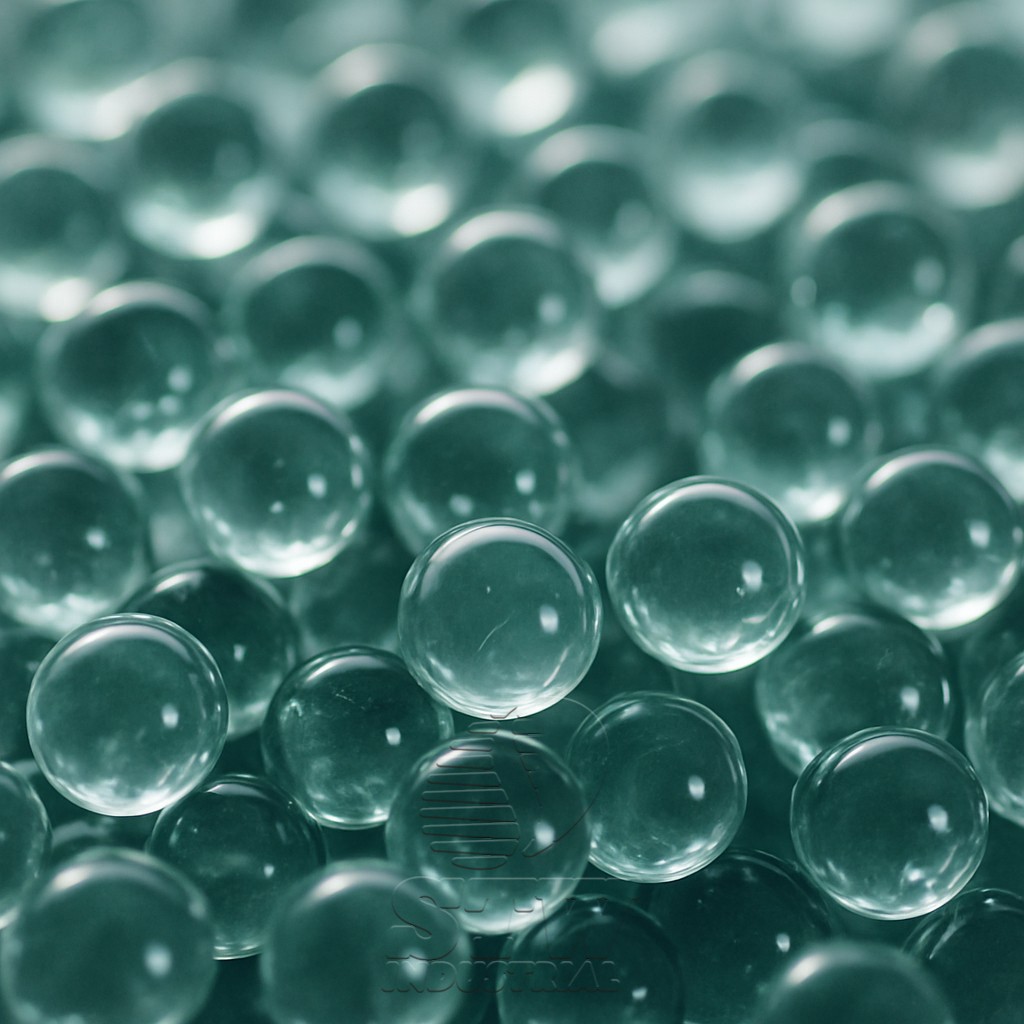
 Home > News
Home > News
In industries such as chemical processing, pharmaceuticals, and environmental engineering—where fluid control is critical—system stability, safety, and durability are key priorities. Among various materials used for flow control, sealing, and separation, glass reinforced plastic (GRP) balls stand out due to their unique physical and chemical properties. They have become the ideal choice for demanding applications that involve corrosive chemicals, high loads, and strict safety requirements.
GRP balls are made from resin reinforced with glass fibers, giving them exceptional resistance to acids, alkalis, and organic solvents. They outperform metal or standard plastic balls in aggressive environments such as hydrochloric acid, nitric acid, and acetic acid.
Even under prolonged exposure to corrosive fluids, GRP balls maintain their integrity, minimizing leakage risks and reducing maintenance costs.
Although they belong to the plastic family, GRP balls have a high strength-to-weight ratio thanks to their fiber-reinforced design. They offer superior compressive and impact resistance while remaining lightweight.
This makes them ideal for use in high-pressure chemical systems, valves, and check devices, offering easier installation and lower mechanical load.
GRP balls retain their shape and size even in extreme temperature conditions (ranging from -50°C to +120°C or more). Unlike ordinary plastic balls that expand or shrink, GRP balls do not deform, soften, or crack easily, ensuring accurate and reliable flow control under all working conditions.
In applications involving flammable chemicals, electrolytes, or static-sensitive fluids, the insulating properties of materials are crucial. GRP balls are non-conductive by nature, effectively preventing electrical sparks or induced currents that could damage equipment or cause accidents.
While the unit price of a GRP ball may be higher than standard materials, its longer lifespan, lower maintenance frequency, and high reliability result in significantly reduced total cost of ownership.
Fewer replacements, shorter downtimes, and less labor input make it a cost-effective solution over time.
GRP balls are widely used in:
Chemical fluid valves and pump systems
Precision dosing and chemical injection equipment
Environmental water treatment and check valves
Pharmaceutical fluid control and filtration
Electrolytic and plating chemical handling systems
We offer a wide range of GRP balls from small sizes (Φ1mm) to large (Φ50mm+), with custom options in color, density, and hardness, tailored to your specific applications.
As a professional ball manufacturer and exporter, we offer integrated manufacturing and trading services. Backed by a stable raw material supply chain and strict quality control system, we are committed to providing high-precision, high-performance, and value-added GRP ball solutions for chemical equipment manufacturers and fluid control businesses worldwide.
View More(Total0)Comment Lists